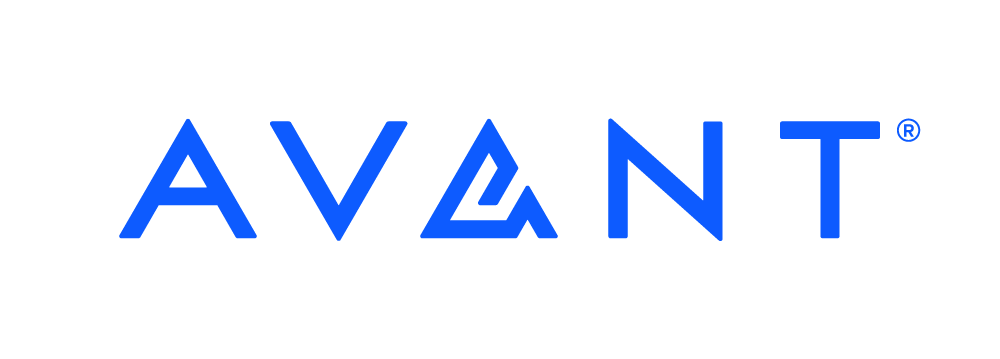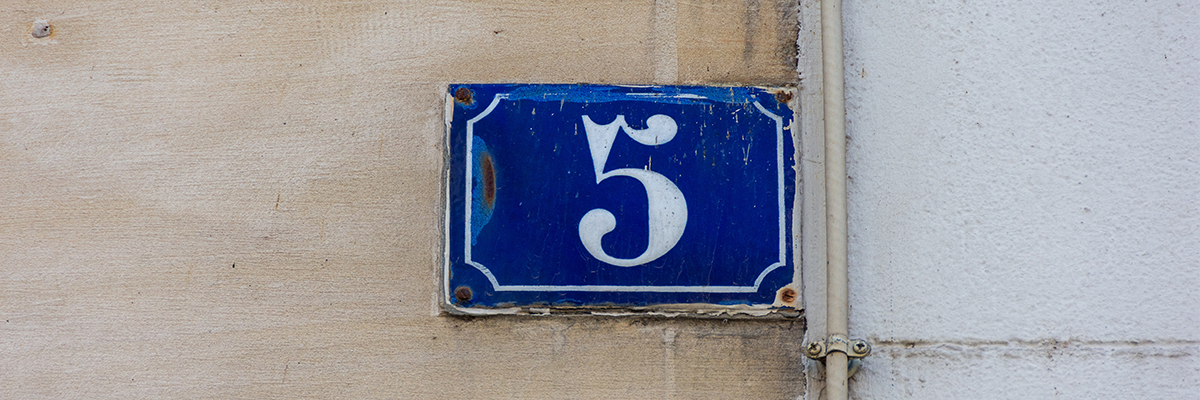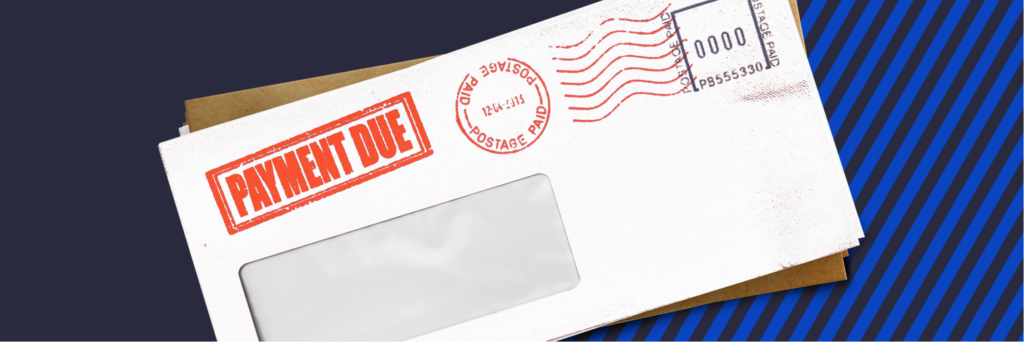If you’ve ever tried to start a workout routine, you’re familiar with the inner struggle that occurs when you’re looking back and forth between your tennis shoes and the couch. You start to wonder how much one little workout really matters in the long run.
It isn’t until exercising becomes a habit that you are able to silence the persistent voice that swears your time would be better spent zoned out in front of the TV.
Financial success is built from the same foundation: positive habits molded through persistence.
Here are five habits to start implementing today.
Habit 1: Performing Routine Check-Ups
Automation is helpful, but you should never fully remove yourself from the money management process.
Spending habits change, income fluctuates and bills have the tendency to increase without notice, so it’s important to get in the routine of doing a monthly money check-up.
Compare your actual spending to your budgeted spending, assess and pay incoming bills, ensure that all accounts are in good standing and you aren’t being charged unnecessary fees. If you notice that something isn’t working with your overall plan, now is the time to make the necessary changes.
Without this money habit, you can’t truly be in the driver’s seat when it comes to your finances.
Habit 2: Spending Less Than You Earn
It’s a simple equation: if you have more money going out each month than coming in, you will end up in the red. Ending up in the red for one month can quickly turn into a seemingly insurmountable pile of debt and no designated savings for the future.
If you’re already in this boat, there are two solutions: spend less or make more.
Getting into the habit of spending less than you earn, banking influxes of cash from things like bonuses and pay increases, and avoiding the ever-present temptation of lifestyle inflation is the cornerstone of creating a financial cushion you can count on now and into the future.
Habit 3: Paying Yourself First
Making positive decisions for your money when faced with the temptations of everyday life comes down to two things — willpower and creating systems to make up for the days when your willpower just doesn’t exist.
One such system is paying yourself first, meaning you deposit money into your savings account (or investment accounts) before anything else. It essentially makes saving an expense just like your electric bill or mortgage payment – before it can be haphazardly allocated to random and unnecessary purchases.
Once this habit is established, you’ll adapt to your new spending limit, and your savings will steadily increase without any additional sweat or hard work on your part.
Habit 4: Thinking Through Purchases and Avoiding Buyer’s Remorse
Considering the vast number of people who struggle under the weight of consumer debt, overspending is a significant issue in the United States. Much of this spending is habit-based – not need-based.
Get in the habit of asking yourself these questions:
1) Does this purchase have a positive purpose?
2) What will I need to forgo in order to make this purchase?
3) Will I save more by purchasing this item elsewhere or at a later time?
Often times, simply stopping to think before whipping out your credit card will be enough to realize how unnecessary so many purchases actually are.
Habit 5: Creating and Sticking to a Plan for Your Debt
If you’re simply paying the minimum monthly amount on your debt, you might think you’re following a solid repayment plan. Instead, you should be the one in charge of determining how much you can pay monthly (above and beyond the minimum due) and when your official payoff date will be.
Get in the habit of regularly checking your repayment progress, revisiting and recalculating your plan, and – most of all – making sure you are the one fully in charge of your debt repayment journey.




